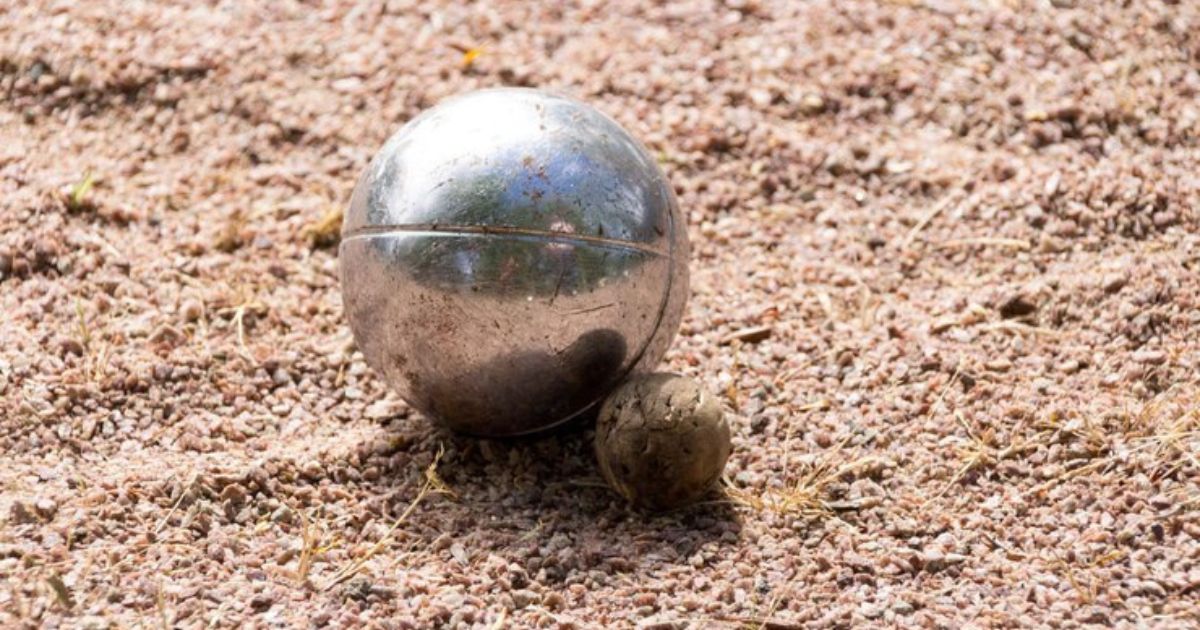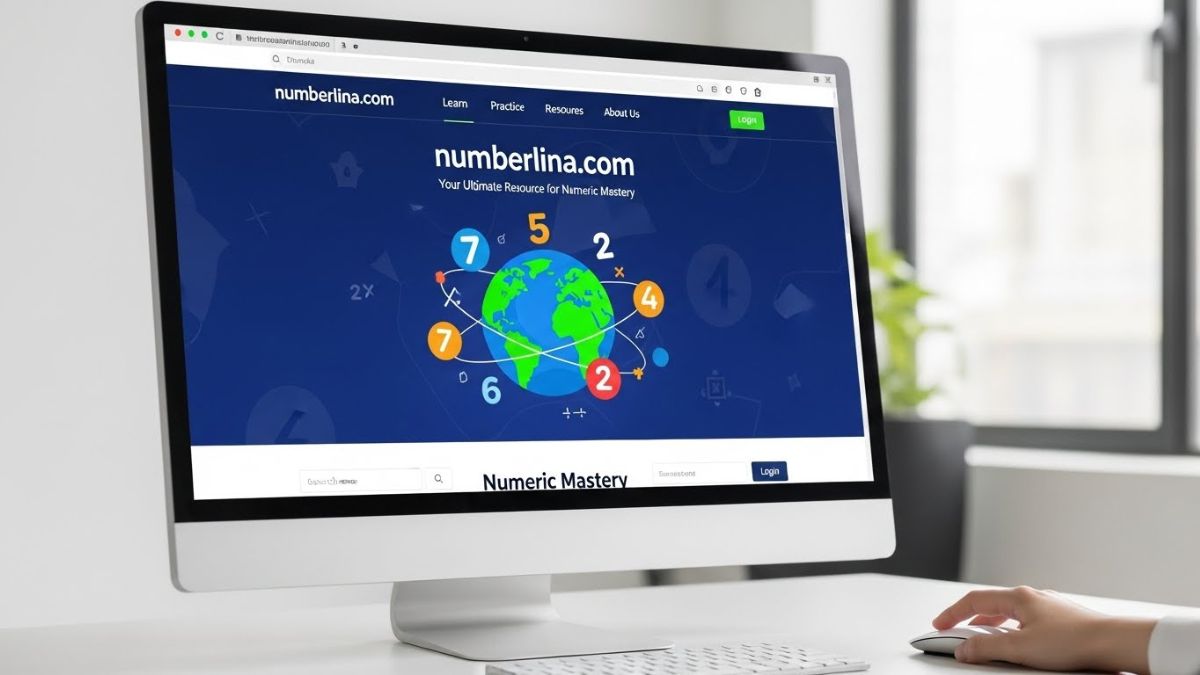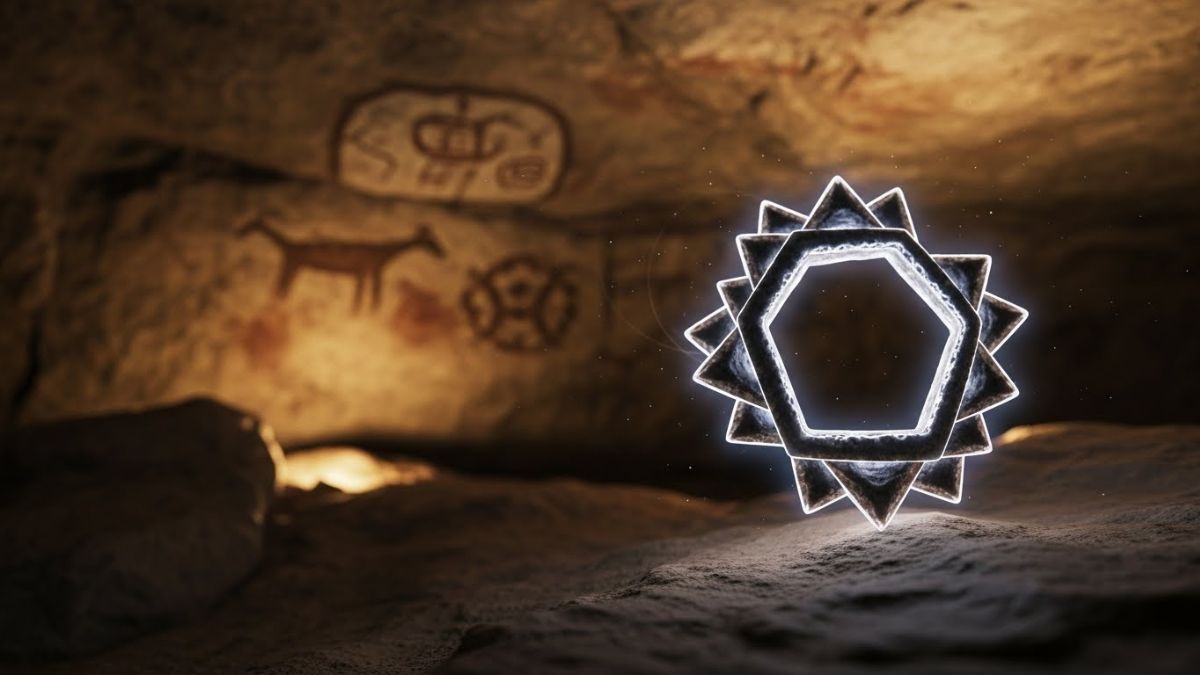When it comes to towing heavy loads safely and efficiently, the 2 5/16 ball hitch stands out as a top choice. Whether you’re hauling a large trailer, a boat, or construction equipment, this hitch offers the strength and stability you need. Let’s dive into why this specific size has become the go-to option for serious haulers.
Why Size Matters in Towing
Towing isn’t just about attaching a trailer and hitting the road. The ball hitch size determines the weight you can safely tow. A 2 5/16 ball hitch is designed for heavier loads, typically supporting up to 20,000 pounds, depending on the material and brand.
Understanding the Basics of a Ball Hitch
A ball hitch is essentially the pivot point that connects your vehicle to the trailer. The ball shape allows for smooth turns and flexibility. The 2 5/16-inch diameter is larger than common sizes like 2 inches, offering more surface area and strength.
Ideal Uses for a 2 5/16 Ball Hitch
This hitch size is perfect for those who regularly tow equipment trailers, RVs, livestock trailers, and large boats. It’s commonly found in commercial towing because of its capacity and reliability under stress.
Material Strength and Durability
Most 2 5/16 ball hitches are made from forged steel or chrome-plated steel, ensuring they resist corrosion and handle heavy-duty tasks. Some premium models also come with zinc coatings for extra durability.
Weight Capacity You Can Rely On
The 2 5/16 ball hitch is designed to handle weight capacities ranging from 10,000 to 30,000 pounds. It’s important to match the hitch’s rating with your towing needs to ensure safety.
Compatibility with Trailers
This size fits most larger trailers that require a higher towing capacity. Before buying, always check your trailer’s coupler size—it should specifically state compatibility with a 2 5/16 ball.
Ease of Installation
Installing a 2 5/16 ball hitch is straightforward. It typically involves bolting it onto your hitch mount using the correct torque specs to ensure it stays secure during towing.
Maintenance Tips for Longevity
Regularly greasing the hitch ball prevents friction and wear. Cleaning off dirt and road salt after each use can prolong the life of your hitch, especially if it’s chrome-plated.
Safety Considerations When Towing
Using the right size hitch ball is critical. A mismatch can cause the trailer to disconnect, leading to dangerous situations. Always double-check the connection before hitting the road.
Upgrading from a Smaller Hitch
If you’re moving from a 2-inch to a 2 5/16 ball hitch, you’re essentially upgrading your towing game. It opens up more possibilities for heavier loads and ensures a safer experience.
Cost and Value Comparison
While 2 5/16 ball hitches are slightly more expensive than smaller sizes, they offer unmatched strength. Investing in a high-quality hitch can save you money on repairs and prevent towing accidents.
Where to Buy a Quality 2 5/16 Ball Hitch
You can find these hitches at auto parts stores, trailer supply shops, and online marketplaces. Brands like Curt, B&W, and Reese are well-known for their durability and performance.
Common Mistakes to Avoid
Many people forget to check the hitch’s weight rating or fail to secure it properly. Always follow the manufacturer’s instructions to avoid mishaps during towing.
Why the 2 5/16 Ball Hitch is Worth It
For those who regularly tow heavy loads, the peace of mind that comes from using a strong, reliable hitch is priceless. It’s an essential tool that makes towing safer and smoother.
Conclusion
The 2 5/16 ball hitch is a robust, safe, and versatile solution for serious towing needs, ensuring stress-free towing when matched with your trailer and towing capacity.
FAQs
Can I use a 2 5/16 ball hitch on any trailer?
No, only use it with trailers that have a 2 5/16-inch coupler. Always check the trailer’s specifications.
How much weight can a 2 5/16 ball hitch tow?
Depending on the model, it can tow anywhere from 10,000 to 30,000 pounds.
Is it worth upgrading from a 2-inch ball to 2 5/16?
Yes, if you plan to tow heavier loads. It offers more capacity and safer towing.
How often should I maintain my hitch?
Clean and grease it after every few uses, especially if exposed to dirt or salt.
Are there different materials for 2 5/16 ball hitches?
Yes, common materials include forged steel, chrome-plated steel, and zinc-coated options for extra durability.











